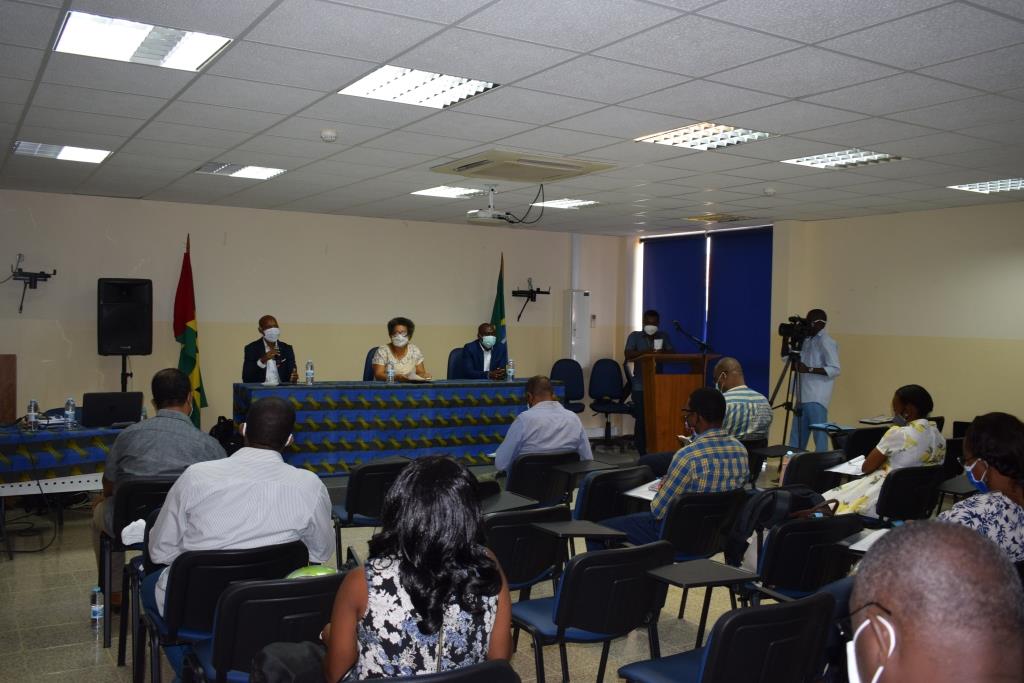Within the framework of the second round of reporting on SDG 6 , GWP and partners are supporting the monitoring and reporting process on SDG 6.5.1 through the SDG 6 Support Program. The process which started in April 2020 culminated in the organisation of a stakeholder consultation on July 23rd and 24th 2020 in Gabon and Sao Tome and Principe respectively.
In Gabon, the two day (July 23rd – 24th ) workshop brought together ten stakeholders from divers sectors per session to ensure respect of government COVID-19 prevention measures. Overall, the stakeholders in Gabon agreed that the degree of IWRM implementation in 2020 is 29%, marking a 15% increase from the 14% score registered in the 2017 baseline report. The evaluation indicates that the country was most performant in the “Institution and Participation” (33%) section and weakest in “Enabling Environment” (23%).
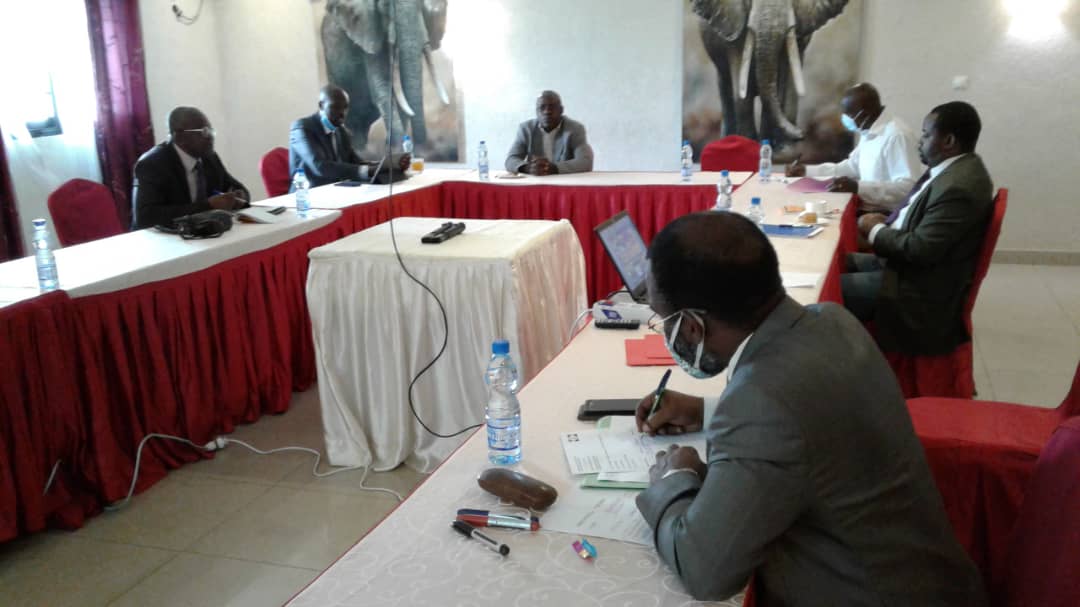 However, the country’s level of IWRM is still within the “low” grade class (2018 Status Report on the Implementation of IWRM in AFRICA), and thus urgently needs to identify priority actions geared towards accelerating IWRM implementation in the country. Also it was highlighted in during the workshop that the low score in 2017 was the result of poor undertsanding of the questionaire and the lack of a participatory process in elaborating the baseline report – a situation which was avoided during this round of reporting thanks to GWP-CAf’s support to the country.
However, the country’s level of IWRM is still within the “low” grade class (2018 Status Report on the Implementation of IWRM in AFRICA), and thus urgently needs to identify priority actions geared towards accelerating IWRM implementation in the country. Also it was highlighted in during the workshop that the low score in 2017 was the result of poor undertsanding of the questionaire and the lack of a participatory process in elaborating the baseline report – a situation which was avoided during this round of reporting thanks to GWP-CAf’s support to the country.
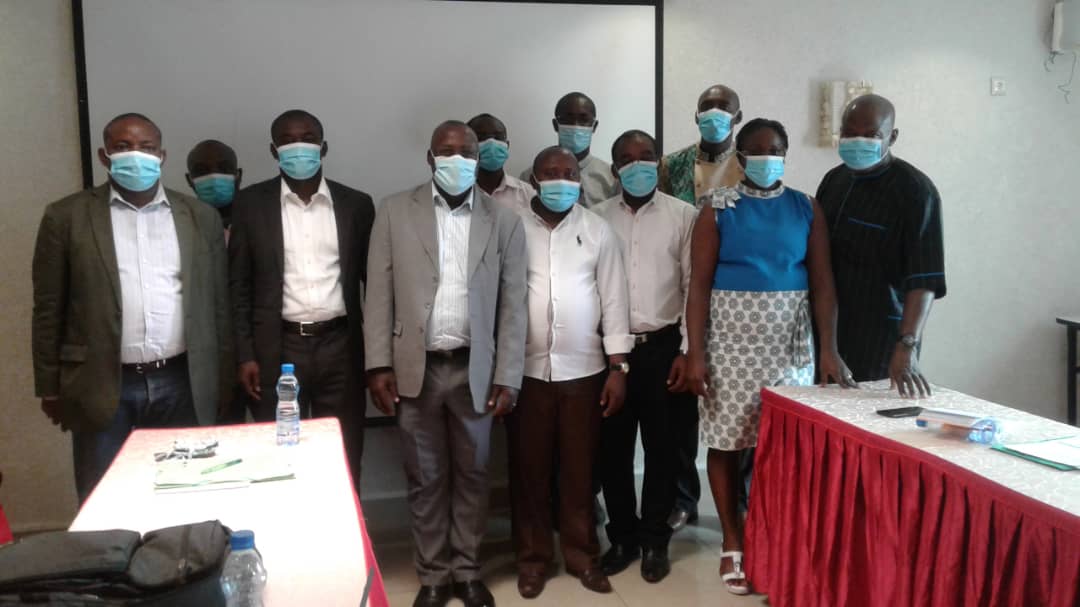
The level of Implementation of IWRM in Sao Tome and Principe progresses from “low” to a “Medium Low” Grade
For Sao Tome and Principe, the stakeholder consulation which was organized by the Directorate General of Natural Resources and Energy (DGRNE) in the Ministry of Public Works, Infrastructure, Natural Resources and the Environment in collaboration with the support of the Sao Tome and Principe Country Water Partnership (CWP-STP), was attended by twenty nine participants drawn from key water sector stakeholders including government, civil society, technical and financial partners and private sector institutions.
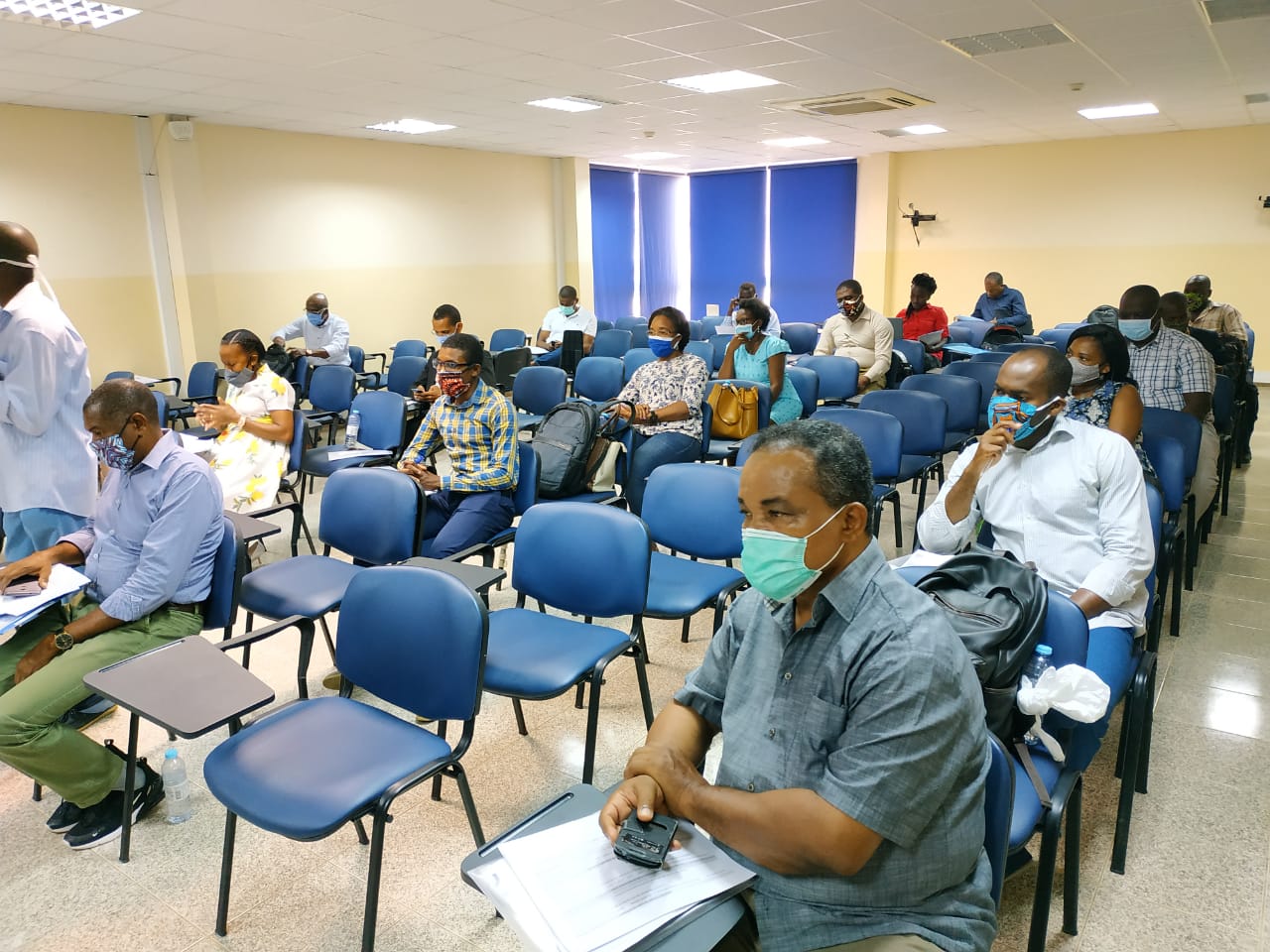
The consultation was a mix of group work and plenary session discussions that had as output a participatory evaluation of the degree of IWRM implementation, as well as recommendations to accelerate IWRM implementation in the country before the third reporting cycle in 2023. Speaking at the workshop, Madam Valdemira TAVERES, Director of the Agronomy Department and Chair of Sao Tome and Principe CWP said, “IWRM concerns us all! It’s everyone’s duty and it demands that we work together to achieve it”.
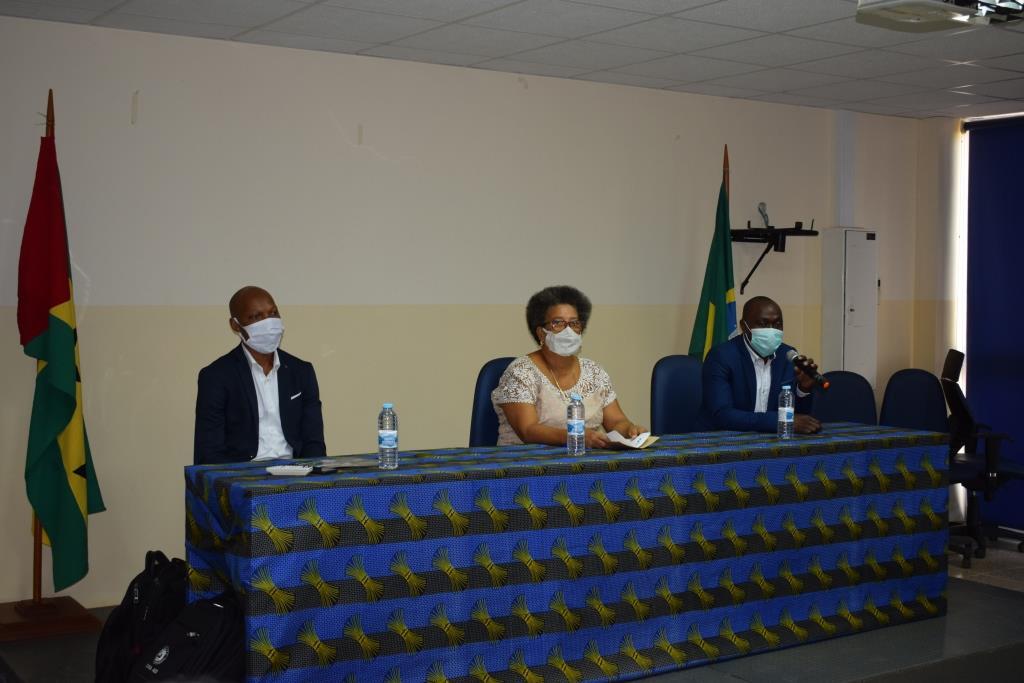
In comparison to the 2017 total report score of 23% the score obtained at the end of the workshop show a 10% increase in the overall score to 33% in 2020, moving the country from “Low”grade levelin 2017 to “meduim -low” grade in 2020.The evaluation indicates that country was most performant on the “Enabling Environment” (38%) and weakest in “Financing” (20%). While improvements of at least 10% point were observed from 2017 to 2020 for “Enabling Environment” (14%), “Institutions and Participation” (15%) and “Management Instruments” (10%), the score for “Financing” did not change and remained the same at its 2017 value of 20%.
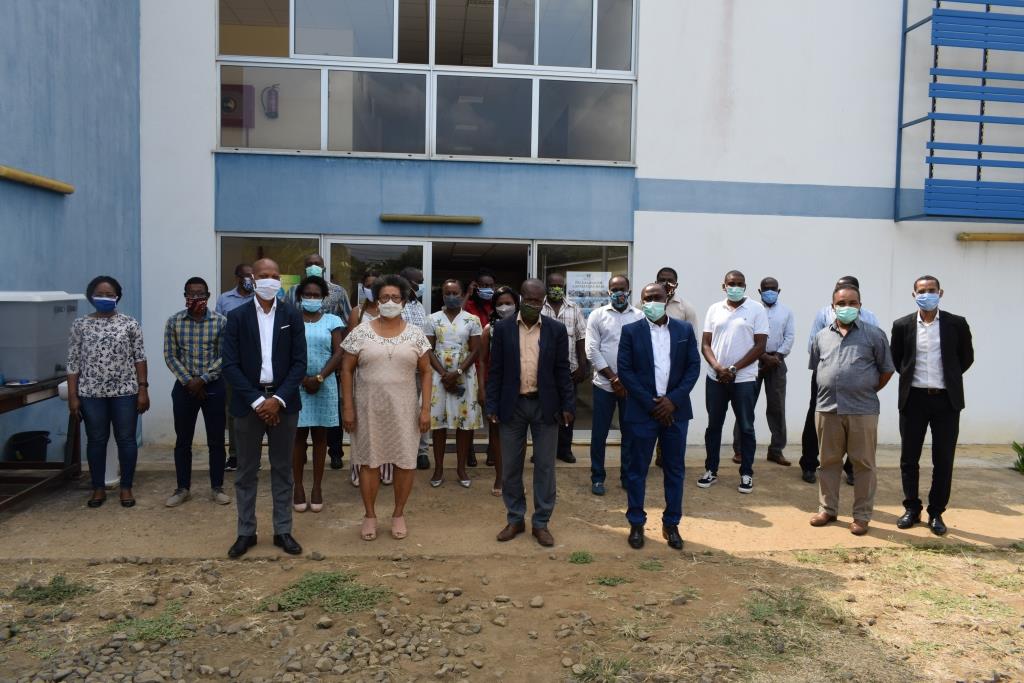
The following key recommendations were made by the stakeholders to advance IWRM implementation in the country :
- Mobilize resources (technical and financial) for the proper implementation of IWRM;
- Organize targeted capacity building activities for technical or planning level staff of water related institutions;
- Create a national platform for the dissermination and ownership of IWRM;
- Adopt and implement the recommendations in each section of the questionnaire.
